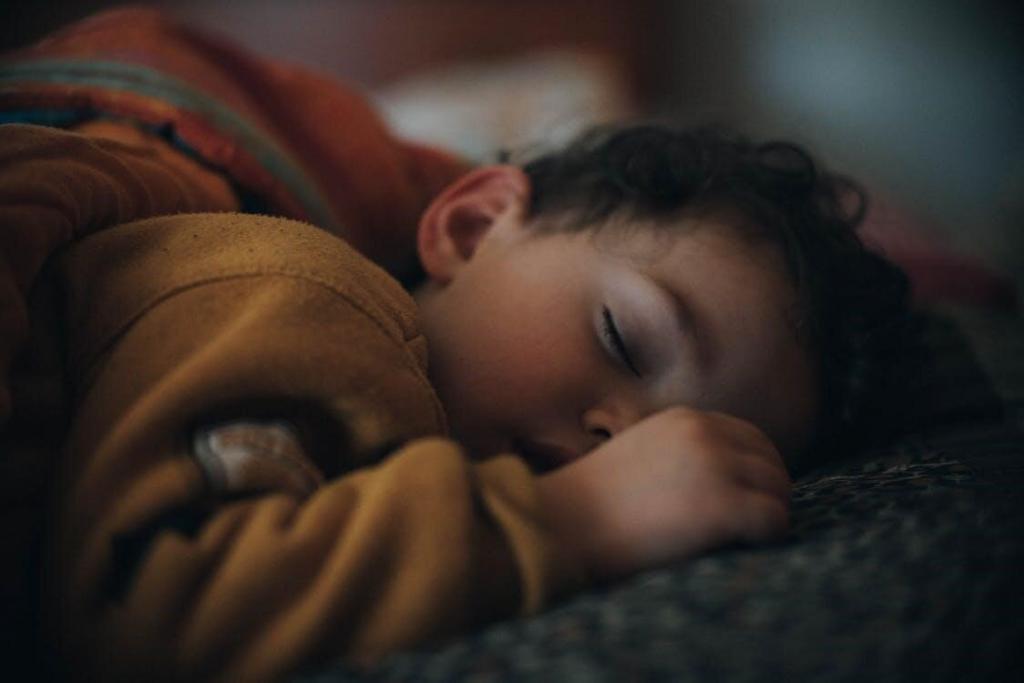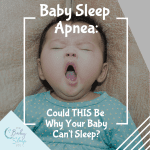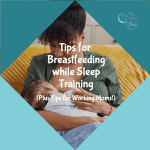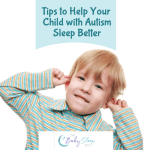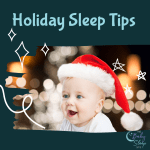Sleep apnea is a sleeping disorder that affects 6.62% of American adults and approximately 3% of American children. People with sleep apnea stop breathing during their sleep due to obstruction or blockage to their upper airway.
This condition decreases the oxygen level in your body and increases the level of carbon dioxide, which commonly interrupts sleep. Kids with sleep apnea tend to miss out on restful and healthy sleep.
As a parent, you must help your kids with obstructive sleep apnea to combat the illness and achieve a good night’s sleep. How to do it? Here are some tips that will guide you through your journey.
Schedule an Appointment With Your Child’s Primary Care Provider
If you suspect that your child has sleep apnea, the first thing you should do is to bring them to their primary care provider. Your primary doctor will be the one who will refer you to a specialist that focuses on the specific illness your child is experiencing.
Before you go to the doctor’s clinic, you must list all your child’s symptoms. You must include even those symptoms that seem unrelated to sleep apnea. Any changes you notice in your child, write them down. Let the doctors decide which is relevant or irrelevant to the condition.
You should also write down all medicines and vitamins you give your child. Don’t forget to include the doses of each medicine and vitamin. Lastly, you should also write down all the questions you must ask the physician.
You might have many questions out of your worry for your child. Write them down so you won’t forget a single question, and all your concerns will be addressed. Moreover, you should also prepare yourself and be ready to answer the doctor’s questions.
Follow the Treatment Plan Provided
After the evaluation, your kid will then receive a treatment plan that is ideal for them. The very common treatment for children with sleep apnea is continuous positive airway pressure (PAP or CPAP) therapy. PAP therapy uses continuous compressed air to support the child’s airway during sleep.
This is accomplished with the help of a portable machine. The machine will pump pressurized room air gently into your child’s upper airway. Your child must wear the mask with a tube attached to the machine.
The positive airflow provided by the CPAP machine will help keep the airway open. As a result, it will prevent it from collapsing during sleep, which is what happens with sleep apnea. To achieve the therapy’s full potential, you should use the machine every time you sleep, even during naps.
Medicine treatment is also available for kids. Children with mild obstructive sleep apnea will be prescribed topical nasal steroids and budesonide. If your kid has an allergy, montelukast can also relieve the symptoms of obstructive sleep apnea. It can be used with or without nasal steroids.
Another way to treat sleep apnea in children is through surgery. Surgery is the physician’s option if the condition is moderate to severe. The surgery aims to remove tonsils and adenoids. This surgery is called the adenotonsillectomy, which opens the airway and improves obstructive sleep apnea.
Acquire Children’s Health Insurance
Next, make sure you have children’s health insurance. Since PAP is the most common therapy used in obstructive sleep apnea, most health insurance policies cover the treatment.
That said, you will be able to save tons of money. Health insurance will help you acquire the machine that your child needs. Other supplies needed are also covered separately. The amount that the insurance policy will cover differs by state.
Aside from the PAP machine, oral appliances used in treating sleep apnea are also covered. However, if you use health insurance for your child’s oral appliances, you should work with your dentist and the insurance provider. Doing so will help you determine your child’s eligibility level.
But before applying for the first insurance plan you see, check other plans first. By comparing one insurance health quote with another, you can pick and choose which plan fits your child’s needs best.
Change Your Child’s Lifestyle
Study shows a direct link between obesity and obstructive sleep apnea. Obstructive sleep apnea occurs in up to 60% of obese children. So, if your kids are obese, you should start changing their lifestyle.
Increase their daily physical activity and only give them healthy food. Avoid letting them eat junk food and control their sugar intake. Not only will you help address the sleep apnea condition of your kids, but it can also address other health problems caused by obesity.
Use Apnea Alarms
As a parent, the most alarming part of sleep apnea is when your child stops breathing while they are asleep. You might also suffer from sleep problems due to your child’s condition. It’s because you will check up on your little one occasionally, checking if they are still breathing.
What’s worse? Sleep apnea also happens to babies. Yes, you read it right. Babies still couldn’t talk and didn’t know if they were in danger. That’s why you should invest in apnea alarms.
Apnea alarms are best for babies who have sleep apnea. The alarm will sound if an episode of apnea occurs. It will wake your baby up and allow them to breathe normally. Once your baby outgrows sleep apnea, they can stop using it.
The Bottomline
You need to address obstructive sleep apnea in children. Because if not, it could cause a lot of serious problems. These problems include but are not limited to ADHD, developmental delays, and failure to thrive, especially among infants. So, follow the tips and help your child overcome sleep apnea until they outgrow it.
Author’s Bio: Analisse Weathers is a full-time mom and part-time writer. She loves her children so much and has a passion for writing. She uses her passion for helping other parents, particularly moms, to go through the hardships of parenting.

